Faced with the question “What does human purpose mean?” during my Honors English II class, I found myself struggling with my identity.
Suddenly my worst fear became never feeling fulfilled in life.
I began having conversations with myself, friends, and mentors just to become aware of what purposes one could pursue. I spent so much of my time talking about moral philosophy, and focusing on other people’s passions and vocations, that my personal understanding became muddled, my thoughts clouded with anxiety and confusion because I felt disconnected from myself.
I didn’t know who I was, or what I wanted to do with my life. And even though I am only a sophomore, that felt petrifying.
I started to form my own mentality, redefining my confusion as positive exploration, so I was very excited to attend the annual Asian American Youth Leadership Conference (AAYLC) because I knew it was a place centered around forming and feeling confident in identity.
The AAYLC’s mission is “to help Asian American Pacific Islander youth rise above the obstacles before them and achieve their potential by promoting education, instilling self-confidence, and developing leadership skills.”
Starting with the first conference in 1993, the conference has grown tremendously, with around 500 students from 40 different high schools attending this year.
2024 was the second year that the La Salle Asian American and Pacific Islander affinity group invited its members to attend the conference, with four students going.
Held at Portland State University on April 12, 2024, the AAYLC aimed to help Asian American high school students discover where they belong, focusing on the theme of “Where Do We Fit?”
“Every student brings with them their own superpower, their own unique perspective on the world,” said Portland State University President Ann Cudd during her welcome address.
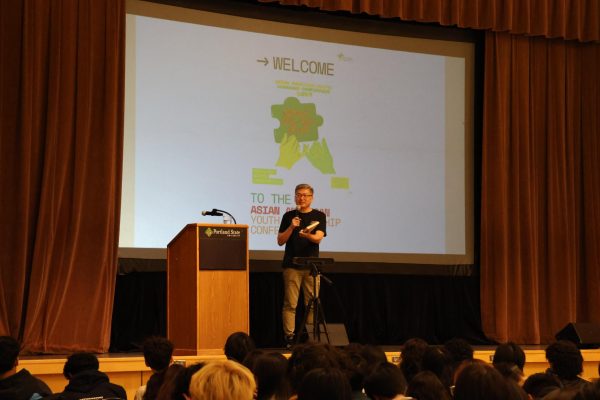
The conference started with the keynote speaker, Curtis Chin, one of the co-founders of the Asian American Writers’ Workshop in New York City, who now works as its first-ever executive director. Chin also wrote for network and cable television before transitioning to social justice documentaries. More recently, he has explored journalism, writing for CNN, Bon Appetit, the Detroit Free Press, and the Emancipator.
He shared his experience growing up as a third-generation Chinese American and working in the family restaurant where he wanted to help in the kitchen, but instead was made to work as a host and waiter. There, Chin developed the mindset to always make the best of an unfavorable situation. Although he was not allowed to cook, he found success by trying to be the friendliest waiter and setting every table with care.
Growing up in Detroit with a low Asian population, he struggled under the rise of racial violence.
A critical event for Chin was when his close friend, Vincent Chin, was brutally assaulted and murdered.
It took the press 12 days to cover the attack after it had occurred. When the murderers were tried, their only punishment was three years of probation and a fine of $3,000. Outraged, Curtis Chin decided to share his experience and the story of people in his community to advocate for the untold stories that didn’t fit into the media by white standards.
He wrestled to find his identity as the middle child of five children, trying to understand where he fit as a gay, Asian American man. Uncertain if college was right for him and what he would want to study, he was urged by his mom to apply to the University of Michigan.
Once accepted, he majored in creative writing to pursue his passion for advocacy, finding his voice through storytelling.
Chin’s final advice to the students at AAYLC was to explore who you are, know your values and goals for life, and then go out and find a community that accepts and supports you— don’t just find an existing community and force yourself to fit into it.
After the keynote address, the students went to a college, career, and opportunity fair to visit tables with representatives from local colleges and career programs to show students attending possible opportunities for the future.
The students then attended workshops, of our own choice, to meet successful Asian-American people in our community. I talked with a queer Chinese-American chemist who works for Metro, dealing with hazardous waste. Then I attended another workshop about the journey of a successful Vietnamese-American ceramicist and entrepreneur.
Separated randomly into groups in order to socialize with students from other high schools, we then explored an activity called “mapping out your life” where the students were challenged to draw out support webs of family, friends, and other communities that we belong to before rejoining the rest of the students at the end of the conference.
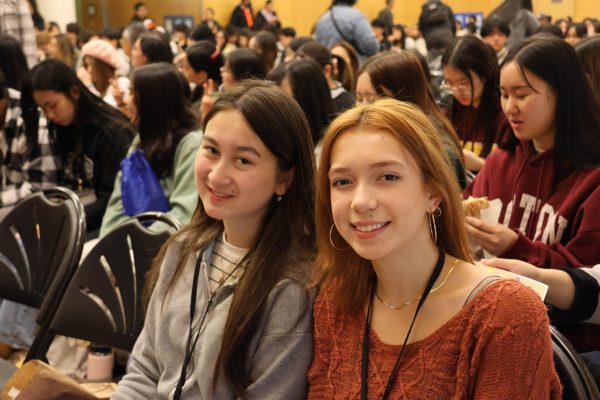
Reflecting on the day, Curtis Chin’s story of self empowerment and search for understanding especially resonated with me because earlier this year, I had been struggling to understand my purpose— one that was personally fulfilling— and finding a strong sense of identity.
At the beginning of this year, I read two short stories for my English class— one called “Sonny’s Blues” by James Baldwin and another called “The Second Tree from the Corner” by E. B. White. As these stories focused on characters striving to live life with a sense of fulfillment and belonging, they forced me to reflect on my own identity.
I found myself feeling confused about my own purpose and passions, becoming anxious for a future that felt so unpredictable and terrifying.
I felt the need to consider if my values justified my passions as worth pursuing, searching for proof that I understood my place in relation to others and the world, and how that coincided with my happiness. I was tired of feeling controlled and trapped by my everyday schedules, going to school, and participating in extracurriculars.
I felt tired of living without purpose.
I wanted to discover and understand what made me feel fulfilled and to test if those reasons were grounded in my identity or in my surroundings.
I figured out that finding one’s purpose was impossible, right? It’s the age-old question: “What is the meaning of life?” I stopped searching out of frustration and exhaustion.
But a passion overwhelmed me after studying the loss of identity in the George Orwell novel “1984”. I was outraged at the destruction of individuality displayed there, which prompted my introspection to finally find my own reason for living.
I realized that every individual person has their own unique emotional fingerprint that is formed by their experiences. Recognizing and appreciating this unreplicable aspect of each person is important to me. It is at the core of my personality and governs my decisions.
Emotions are like color. We might all see the color “red,” but there is no way to prove that it looks the same through another person’s eyes.
By name, we all recognize and categorize our emotions as the same, but since our perspectives are formed by different experiences, they are completely unique feelings. My turquoise might be your aqua.
Collectively, with our totally distinctive individualities, we create the soul of human existence. Our identities define human life and purpose.
It is a privilege to have the ability to feel authentically. To protect the formation of human emotional authenticity, it is important that we explore ourselves freely without the disruption of conforming to others.
Whether exploration be in school, sports, extracurriculars, journaling, music, or anything else, it is important to reflect on why you feel passionate or motivated to continue doing these things. This is what defines purpose.
While this may seem like there is no clear understanding to the question “who am I?” I believe that you can find clarity in uncertainty. There is consistency in the unpredictability of the future. People are constantly exploring and reinforcing their own identities, which makes the process constant and not static.
I understand that at my core my deepest motivation to live is to recognize the beauty in the unique experiences and feelings of others.
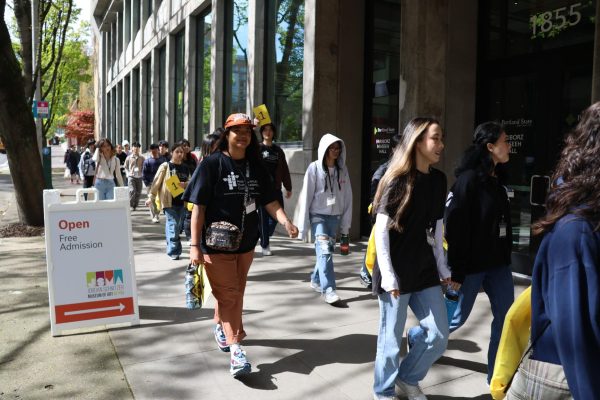
Last year, when I attended the AAYLC, I was extremely nervous to fit in as a mixed student — half Indo-Chinese and half Polish — because I didn’t think I looked “Asian enough” to resonate with the collective experience. I thought that my experience as someone who could be considered white-passing would exclude me from being able to relate to other Asian students because I did not experience appearance-based racism that can be bonding for the Asian community.
I limited myself, not conversing with others because I didn’t want to seem like I was overstepping by owning struggles that I did not personally experience.
Because of my fear, I forgot about my whole identity. I am still a part of the Asian community, and my perspective being mixed doesn’t discredit my connection to my culture or appreciation of it. I can still celebrate my community and learn to amplify Asian voices.
My relationship with my culture and being mixed plays a big role in understanding my identity.
This year at AAYLC, I found friends who shared some of the common stigmas that come with being mixed, especially with the insecurities that stemmed from comparing ourselves to others. We talked about the beauty in the diversity of all people caused by our differences.
Through this I found a great appreciation for myself and others. With the support of a community that understands my struggles, and the self-empowerment of introspection, my identity and voice were amplified, and my understanding of self became clearer.
Instead of searching for the perfect community, build your own and surround yourself with those who cater to your individual needs.
My key takeaway from this experience is not to worry about completely knowing who you are, and instead explore your passions until you can piece together a whole identity, one that is unique to yourself and that makes you feel personally fulfilled.


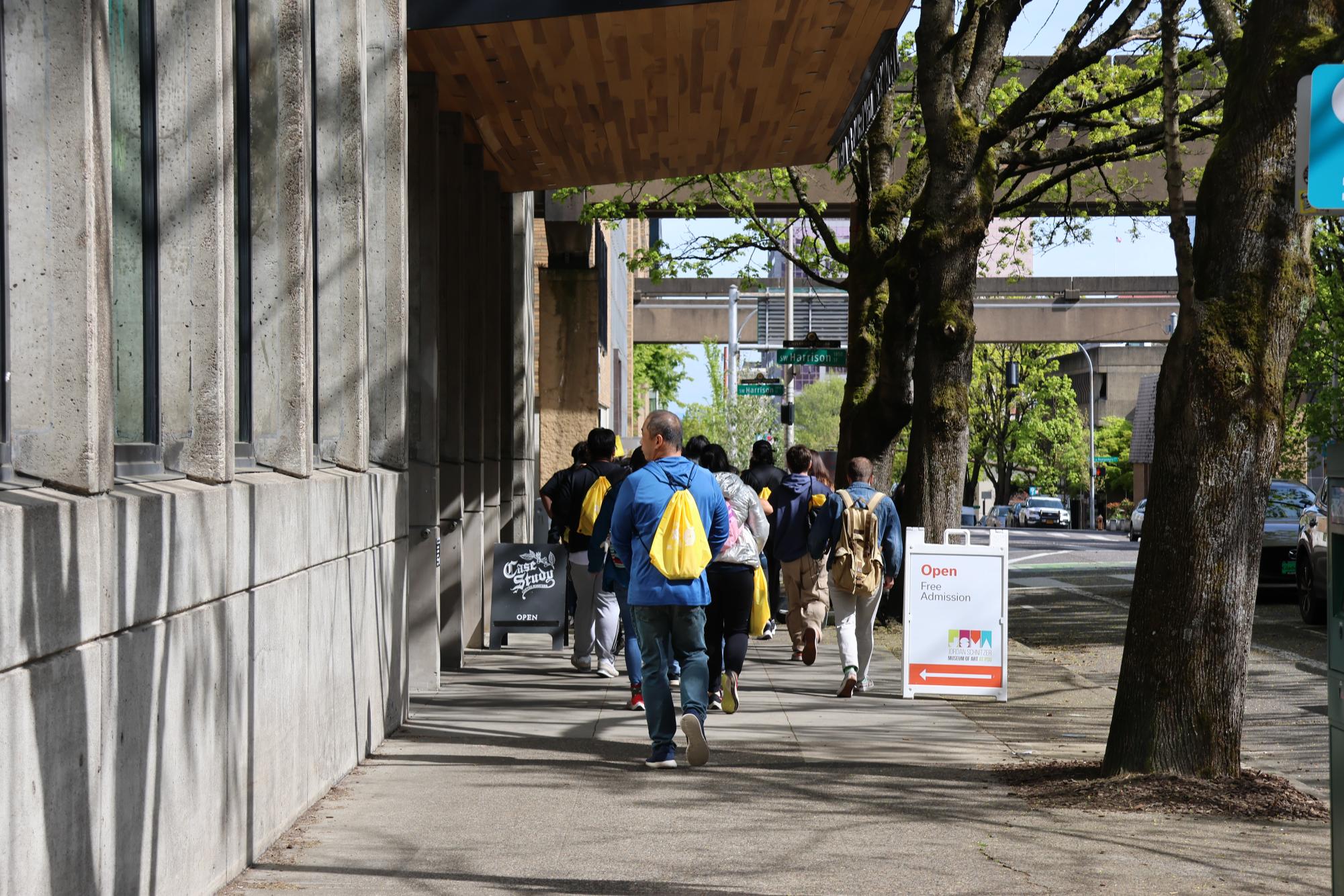
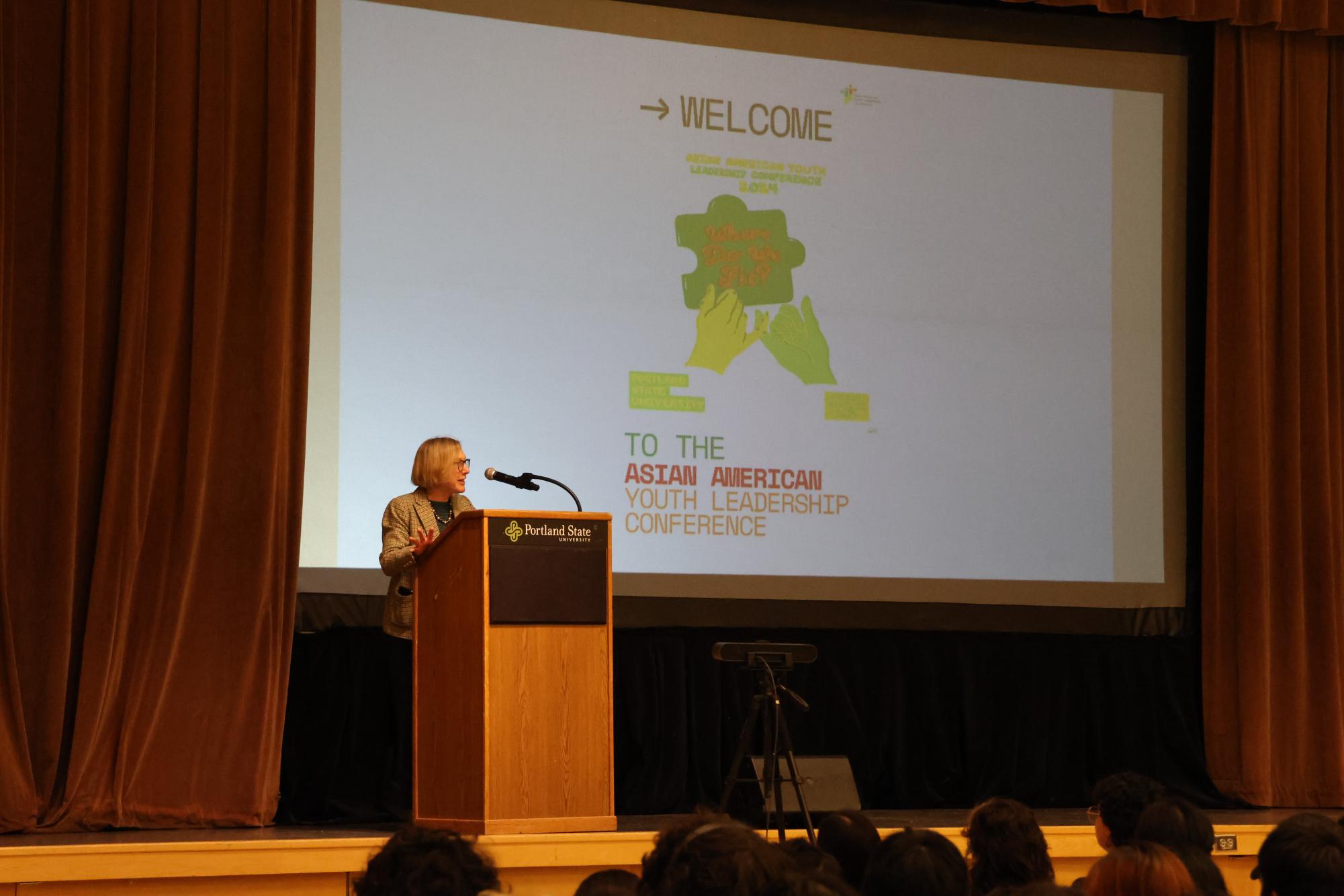
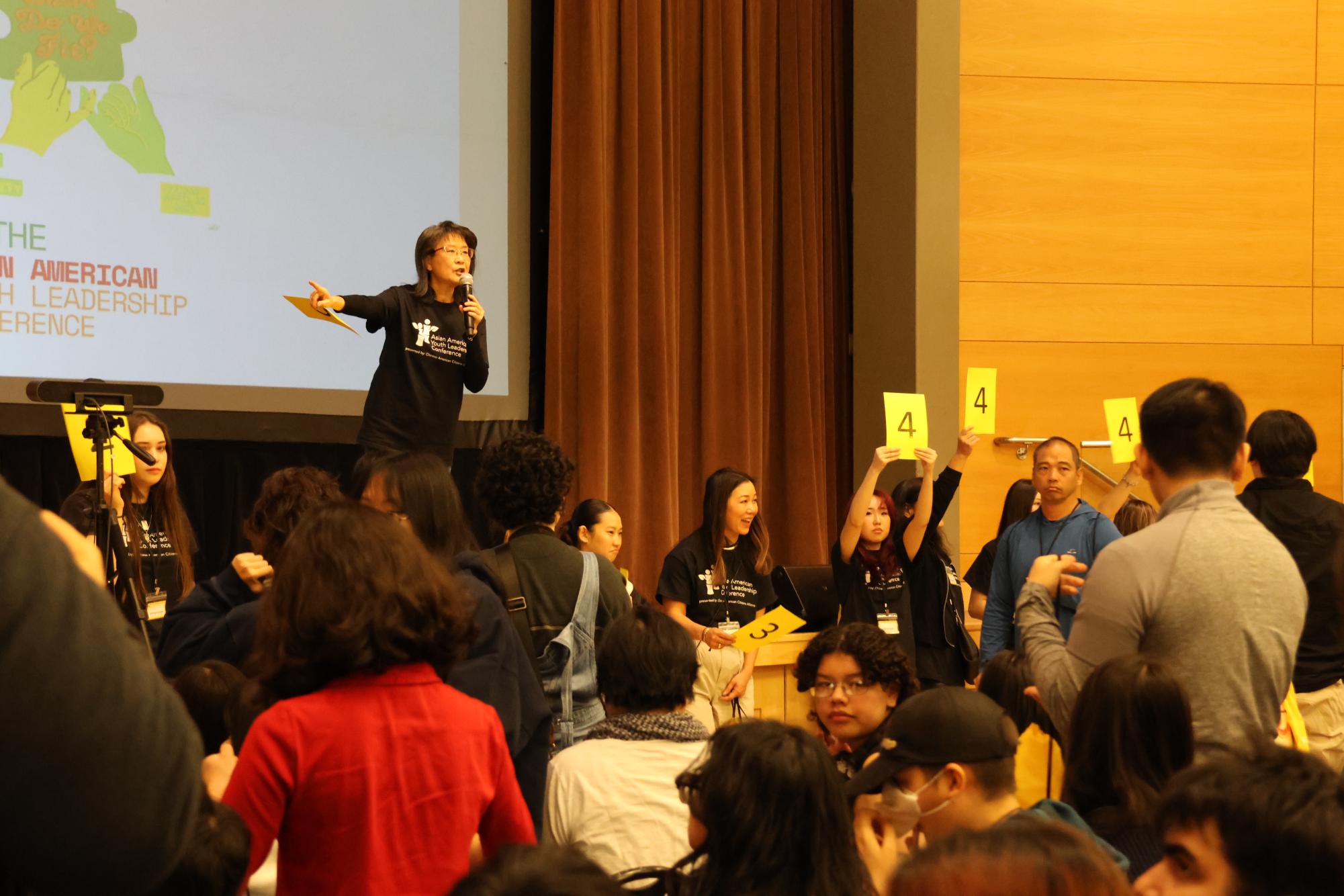
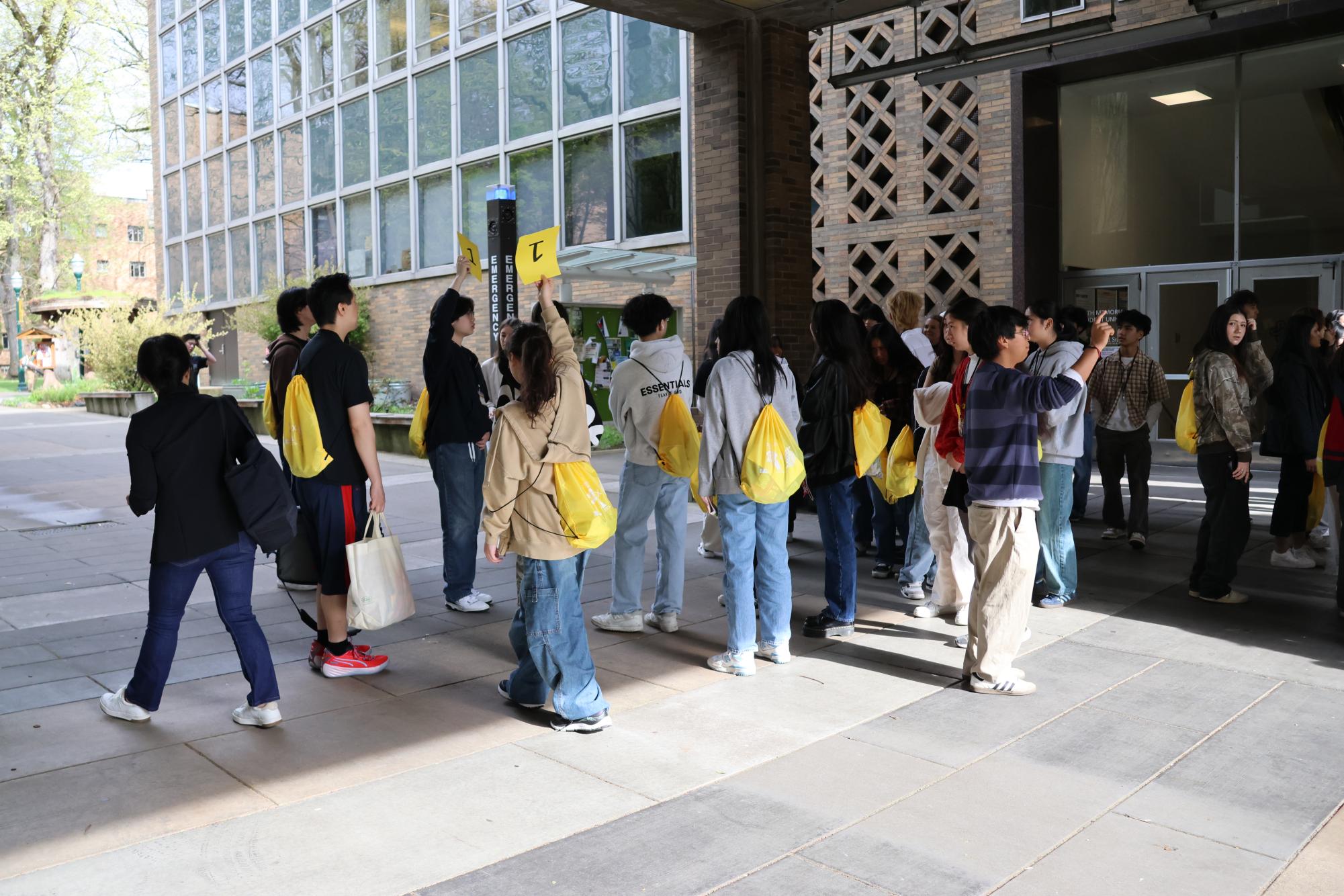
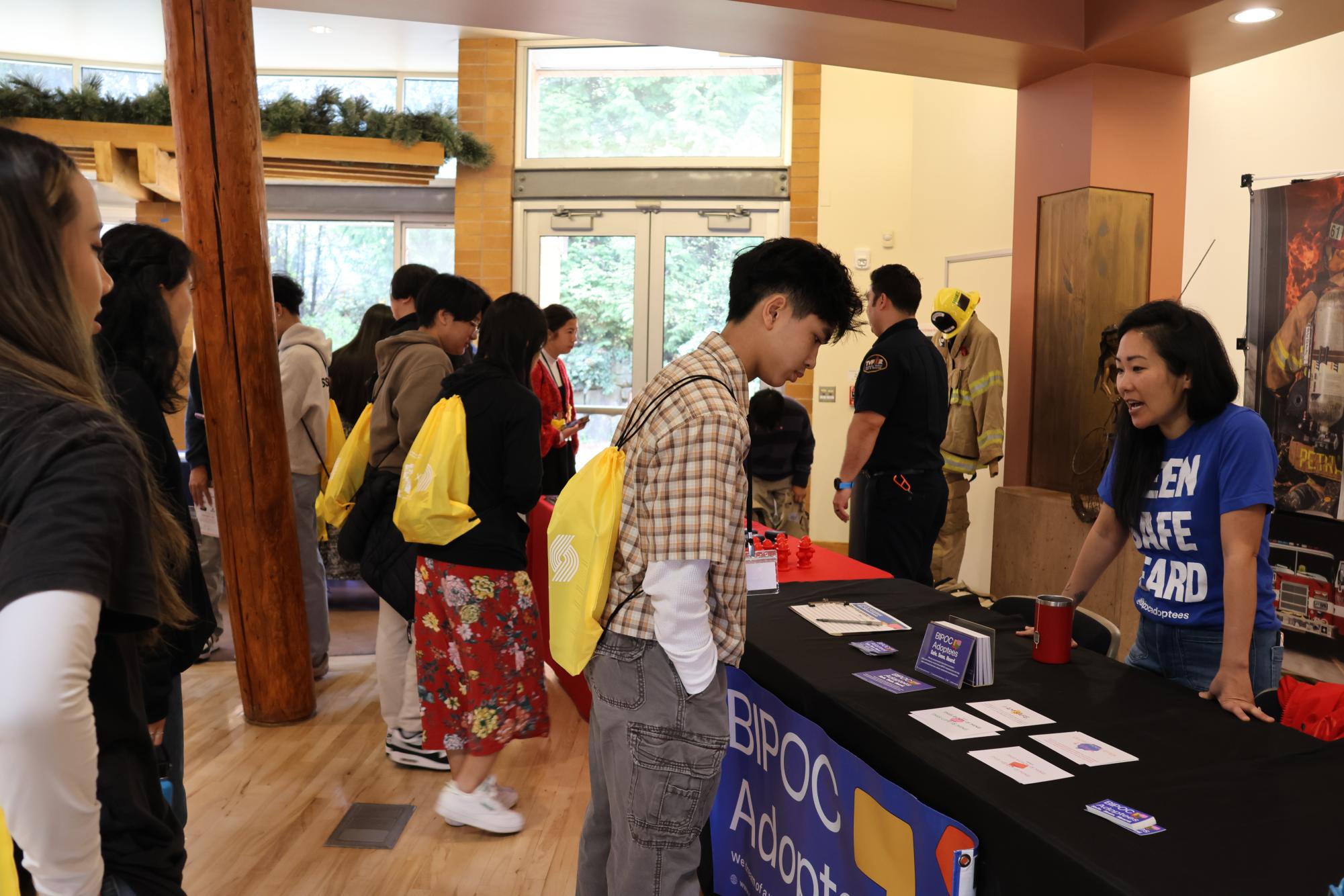
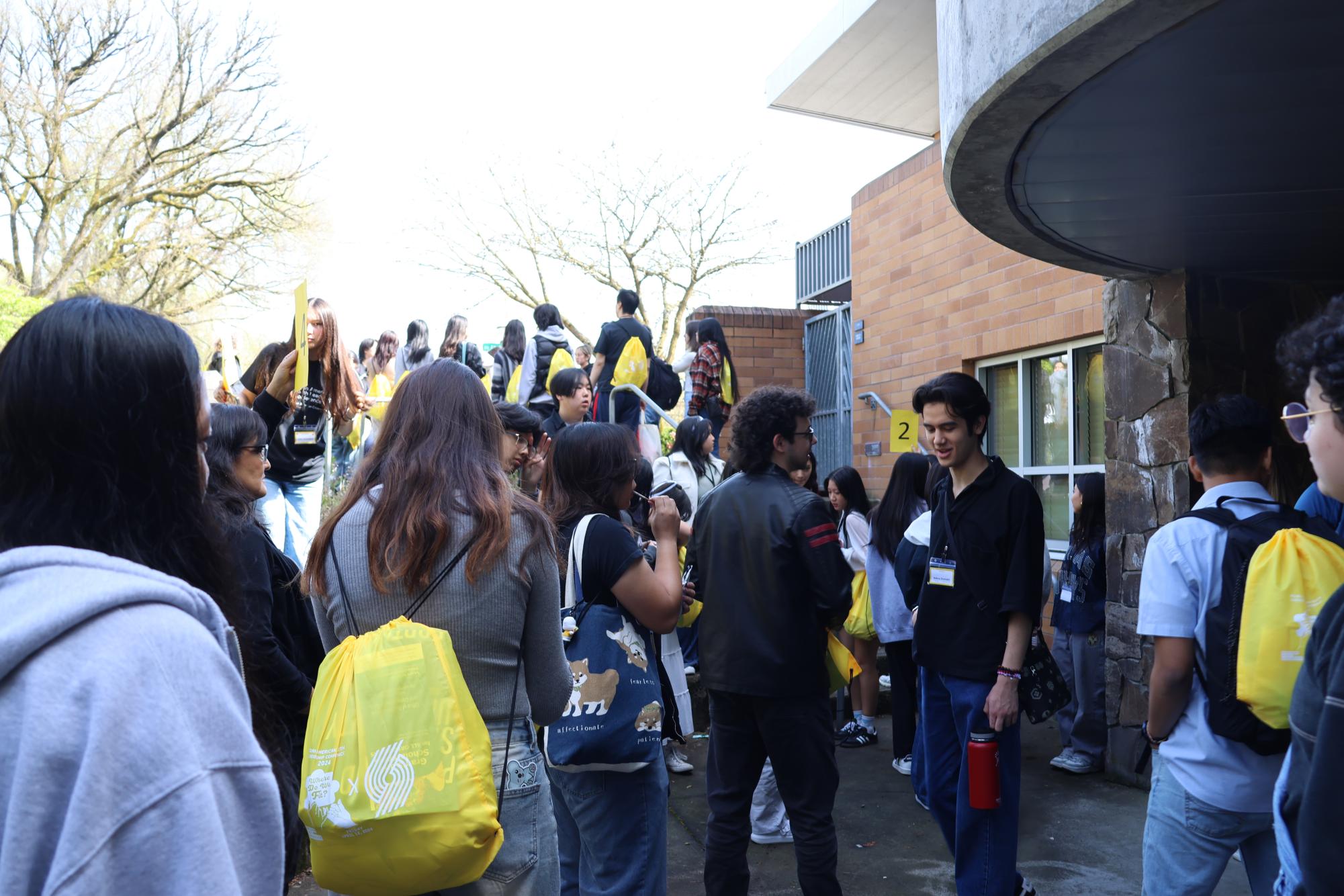
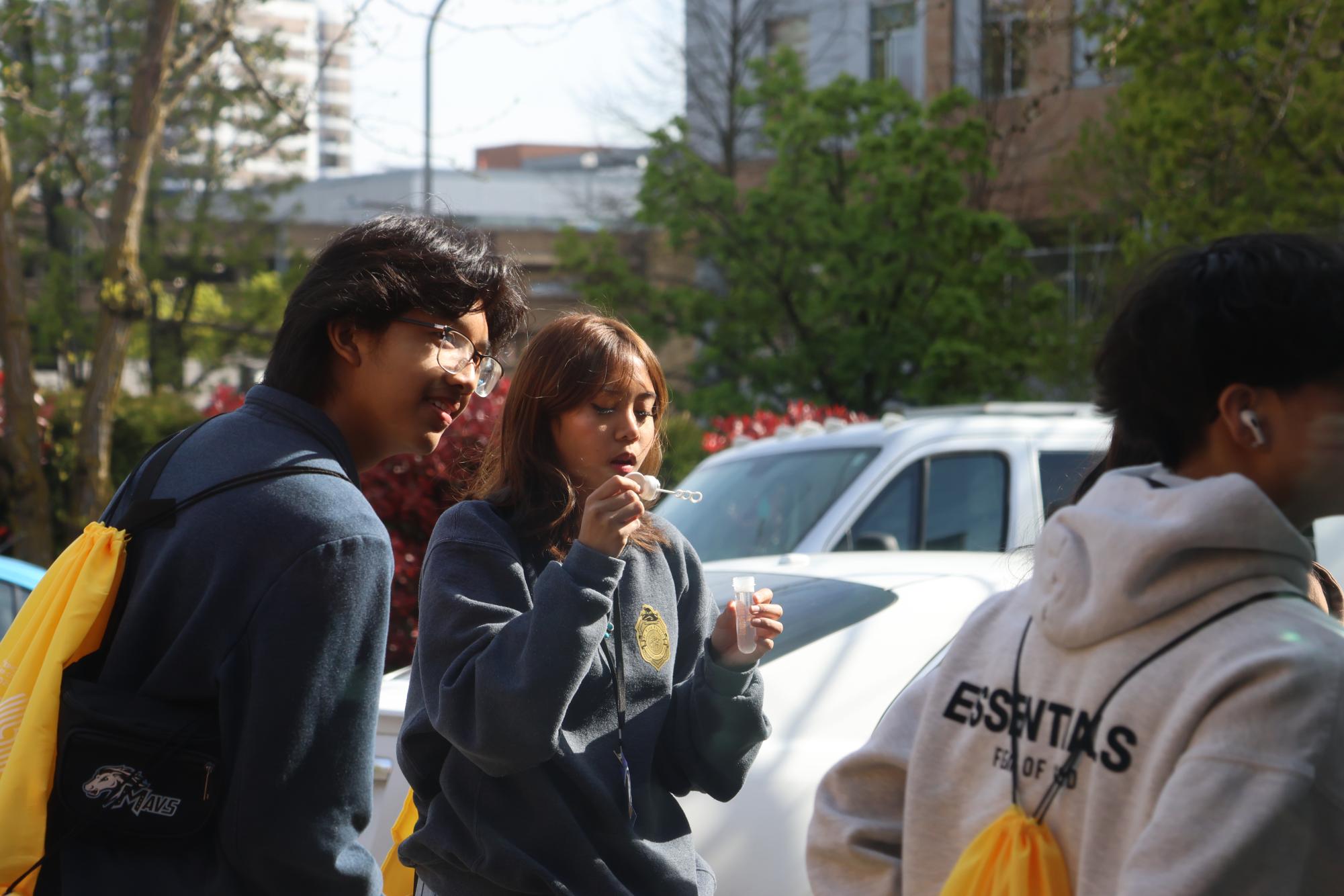
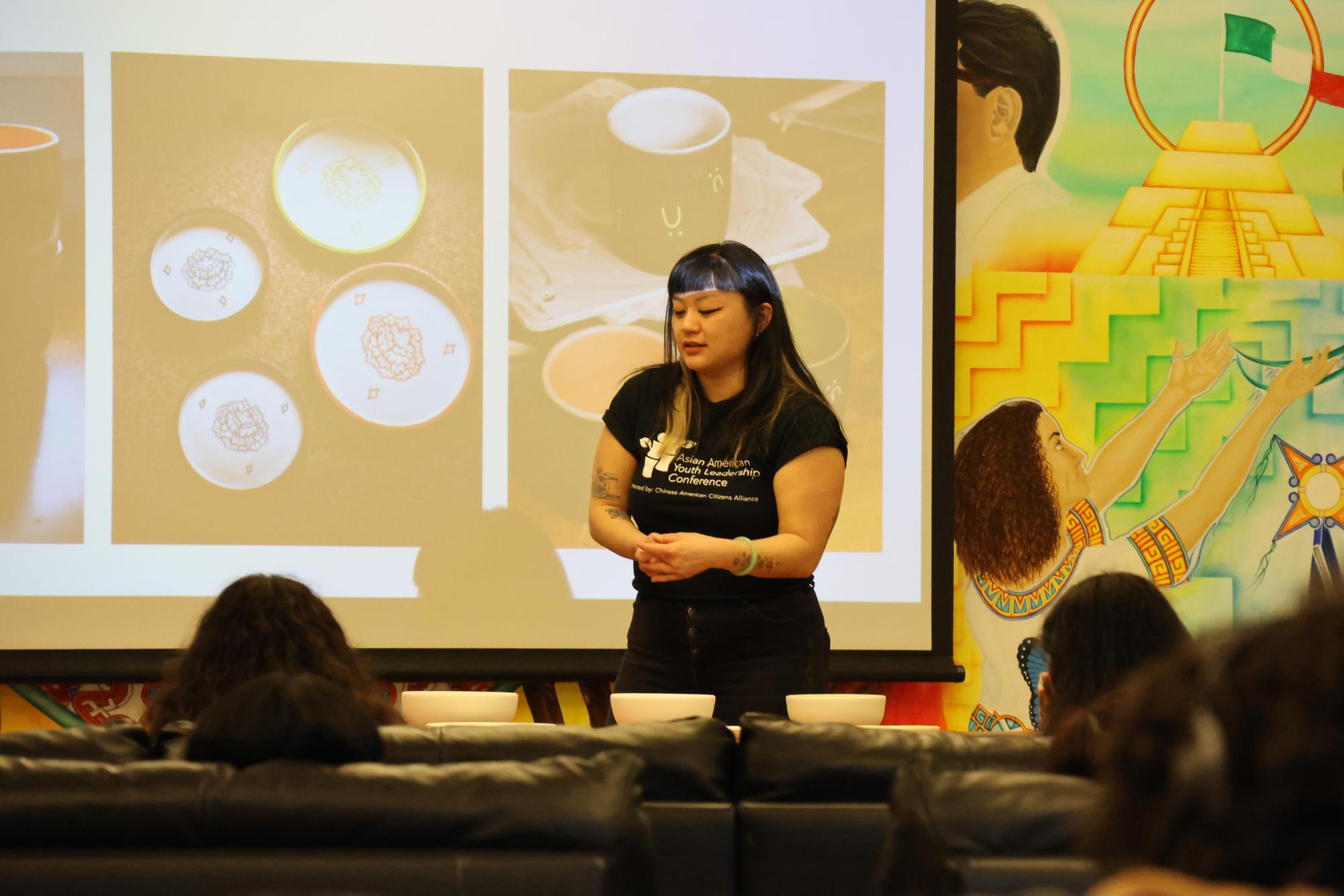
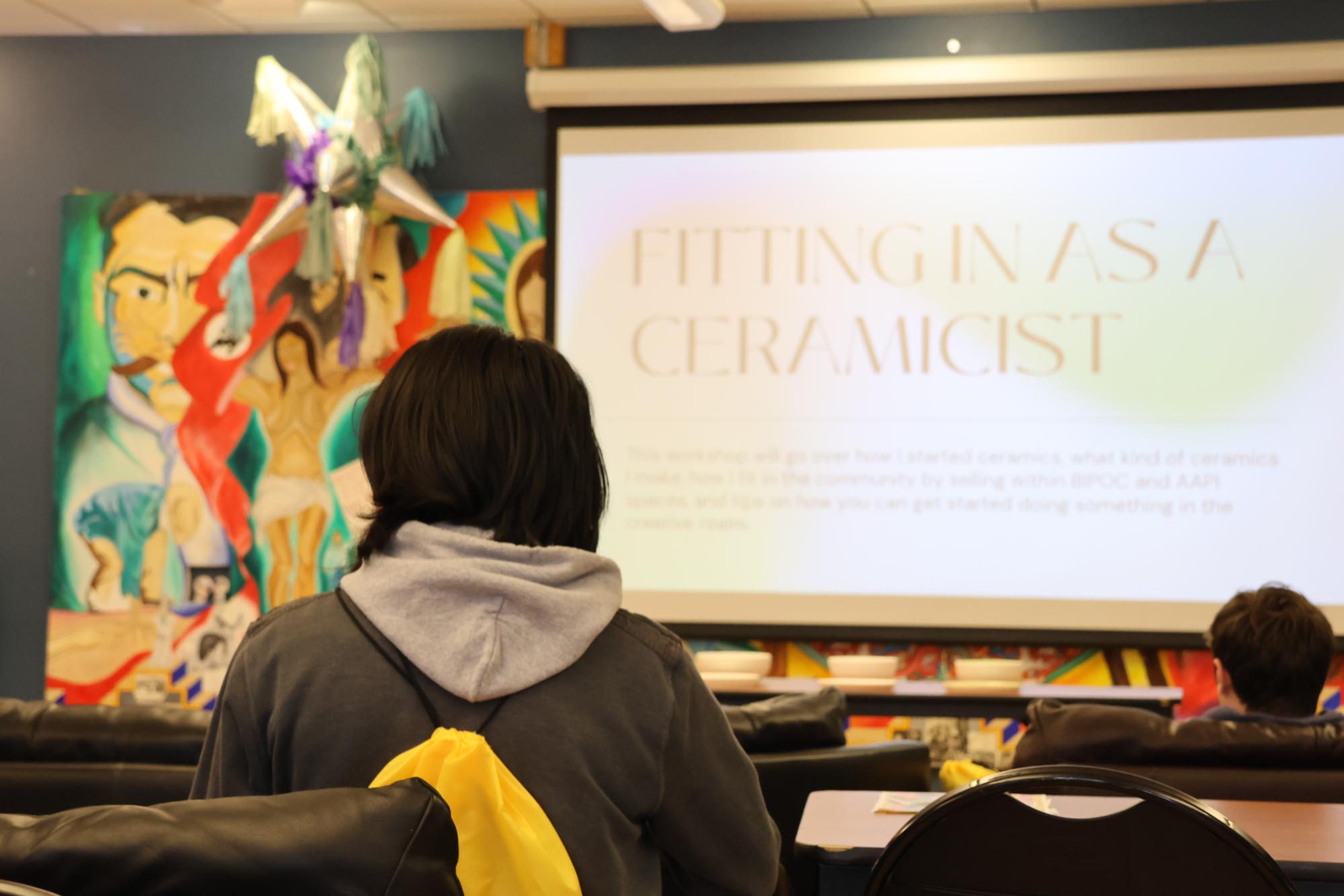
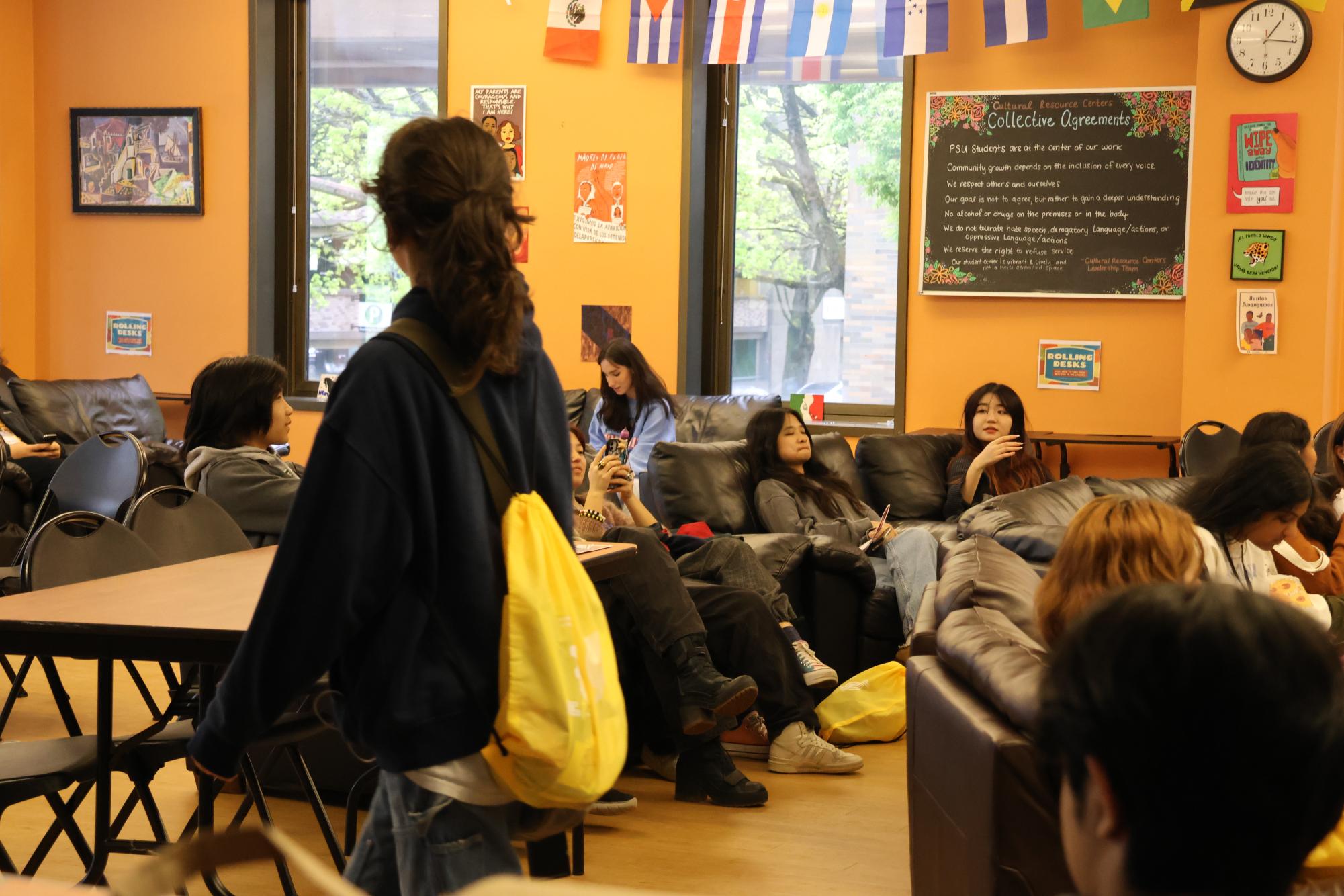
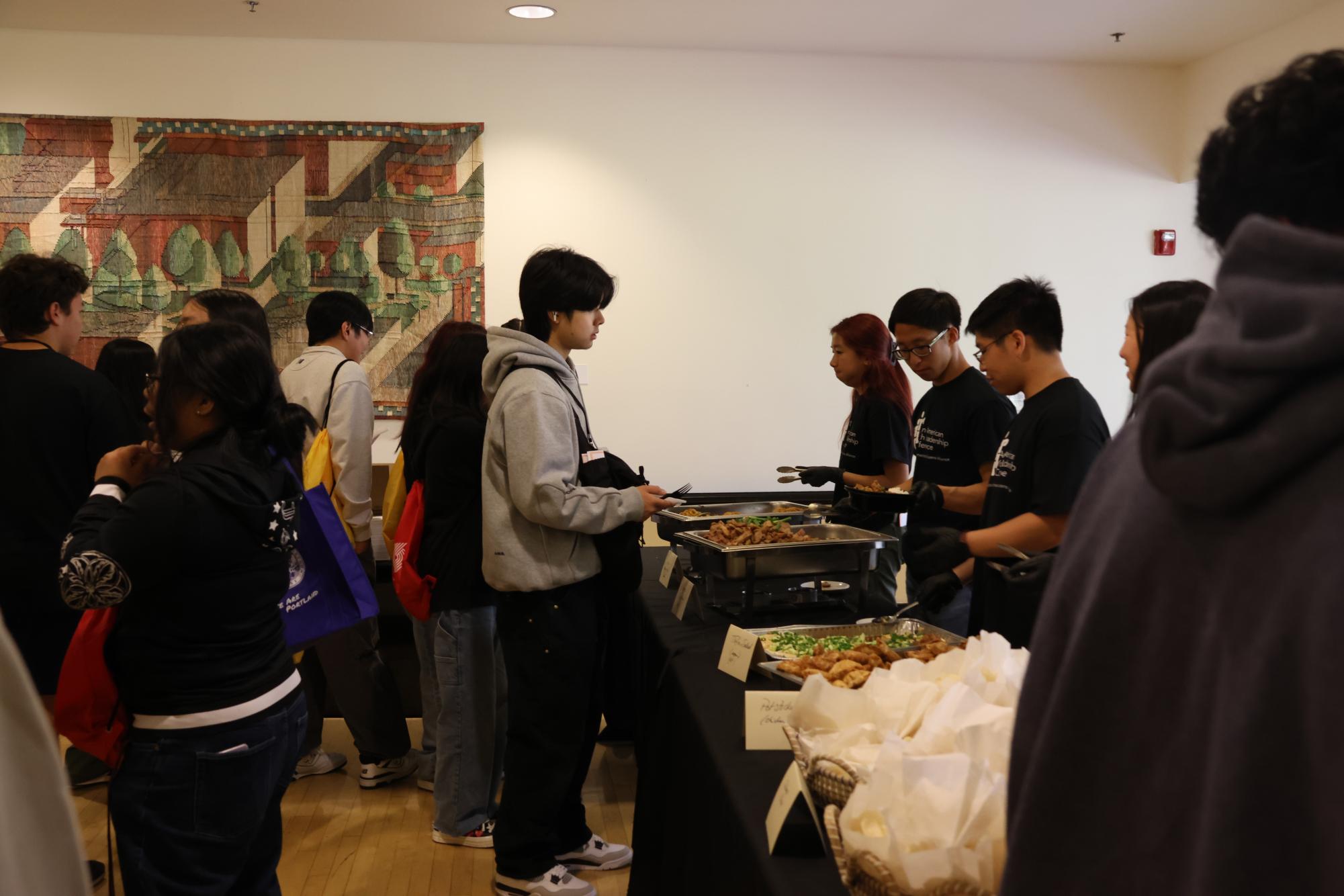
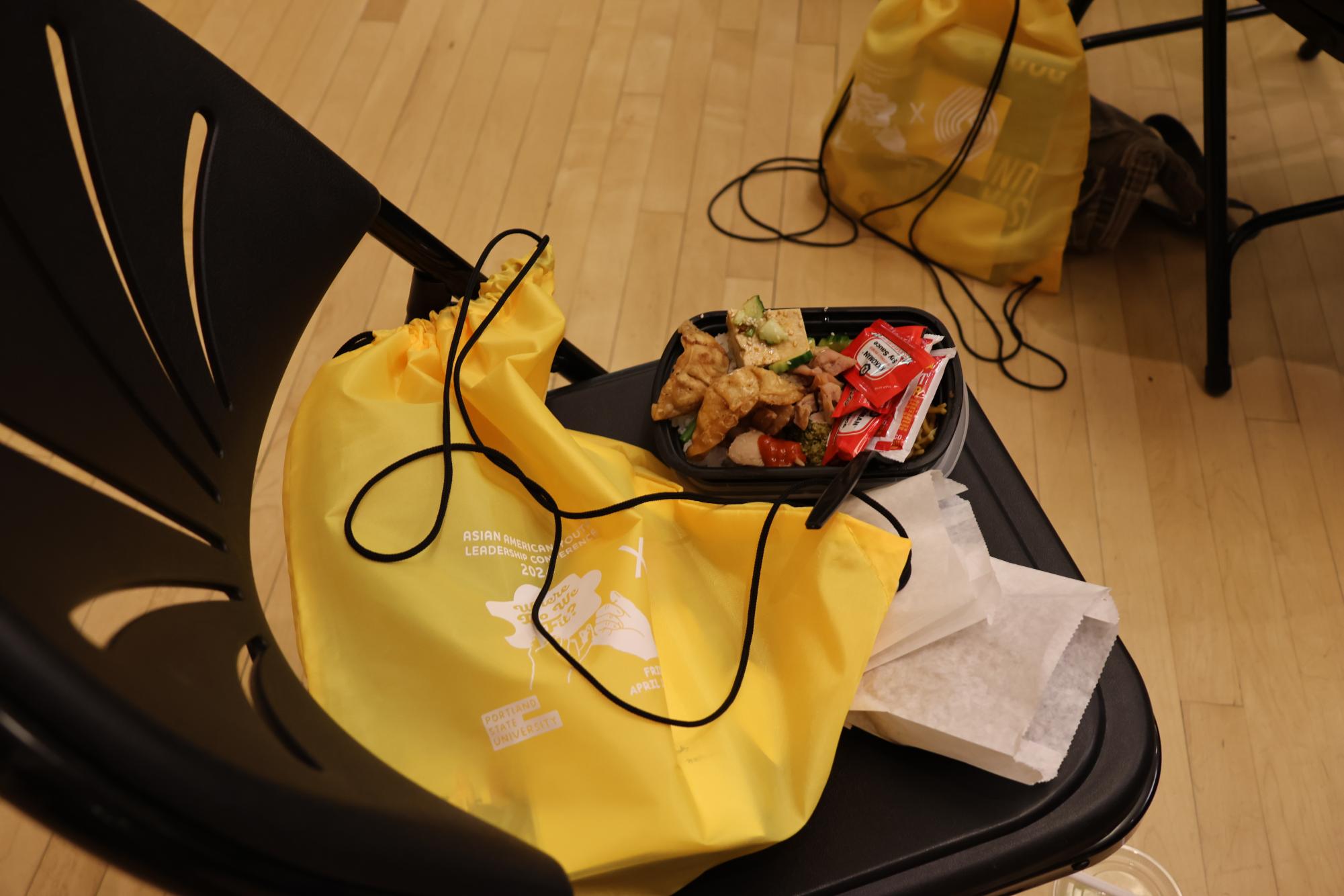
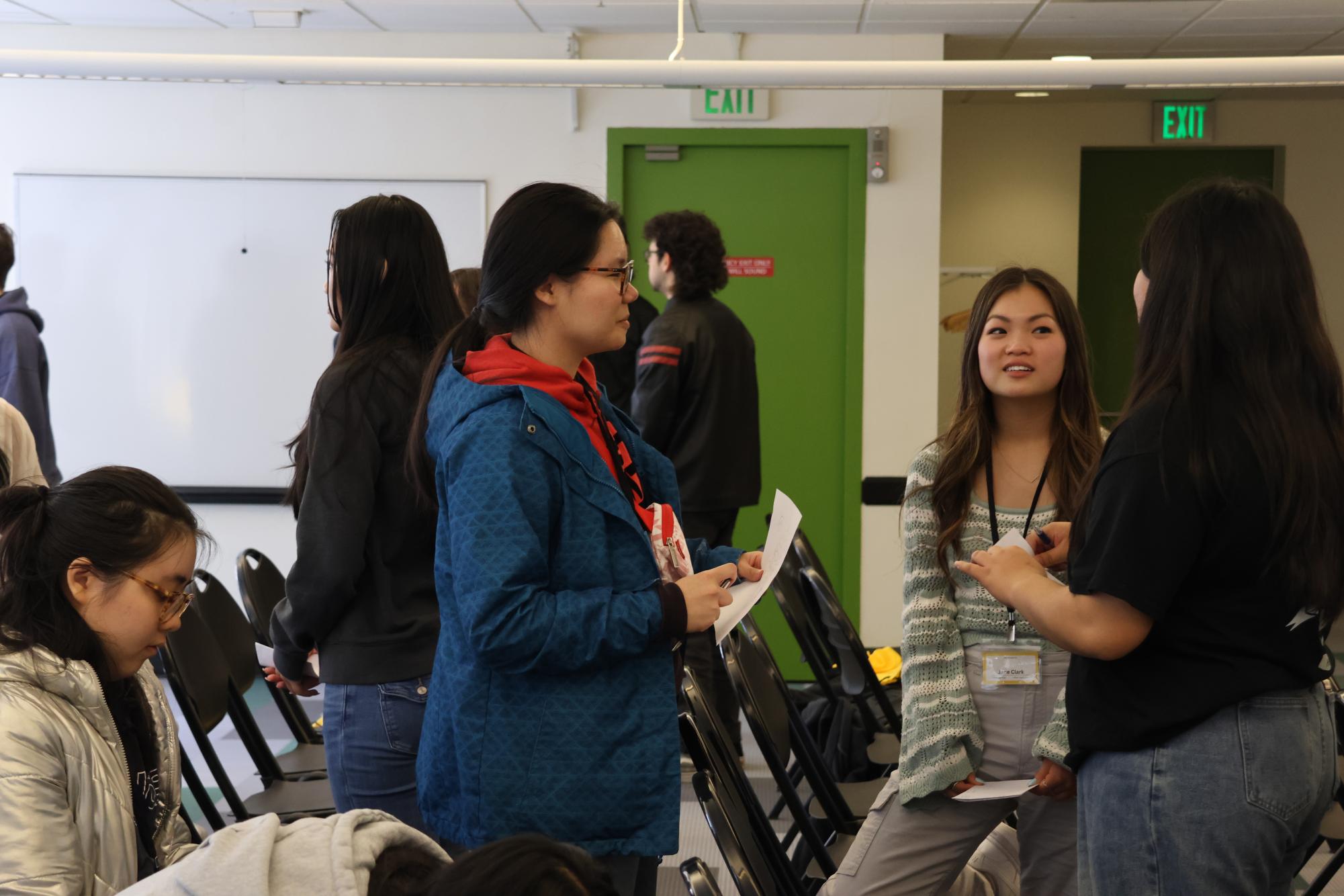
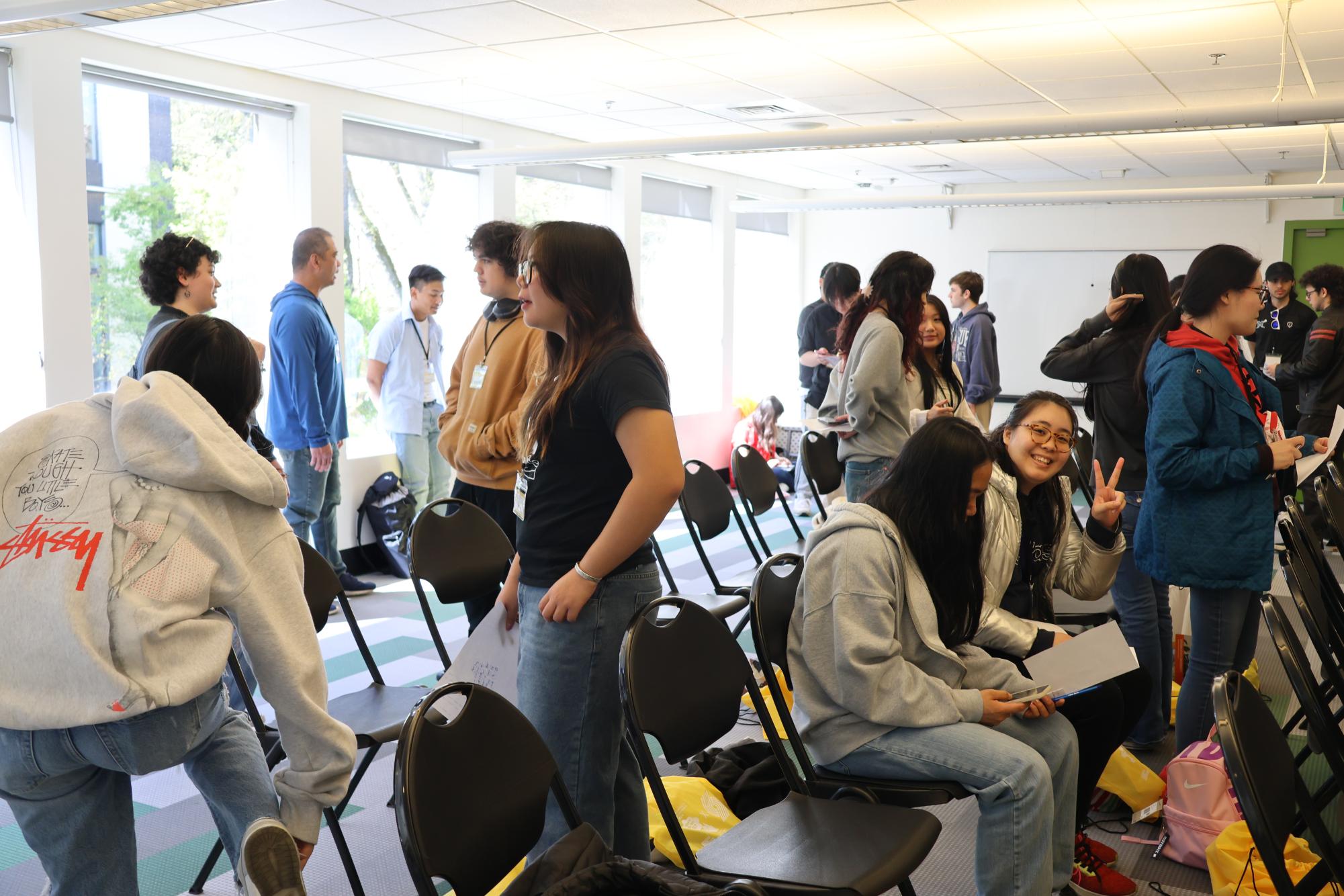
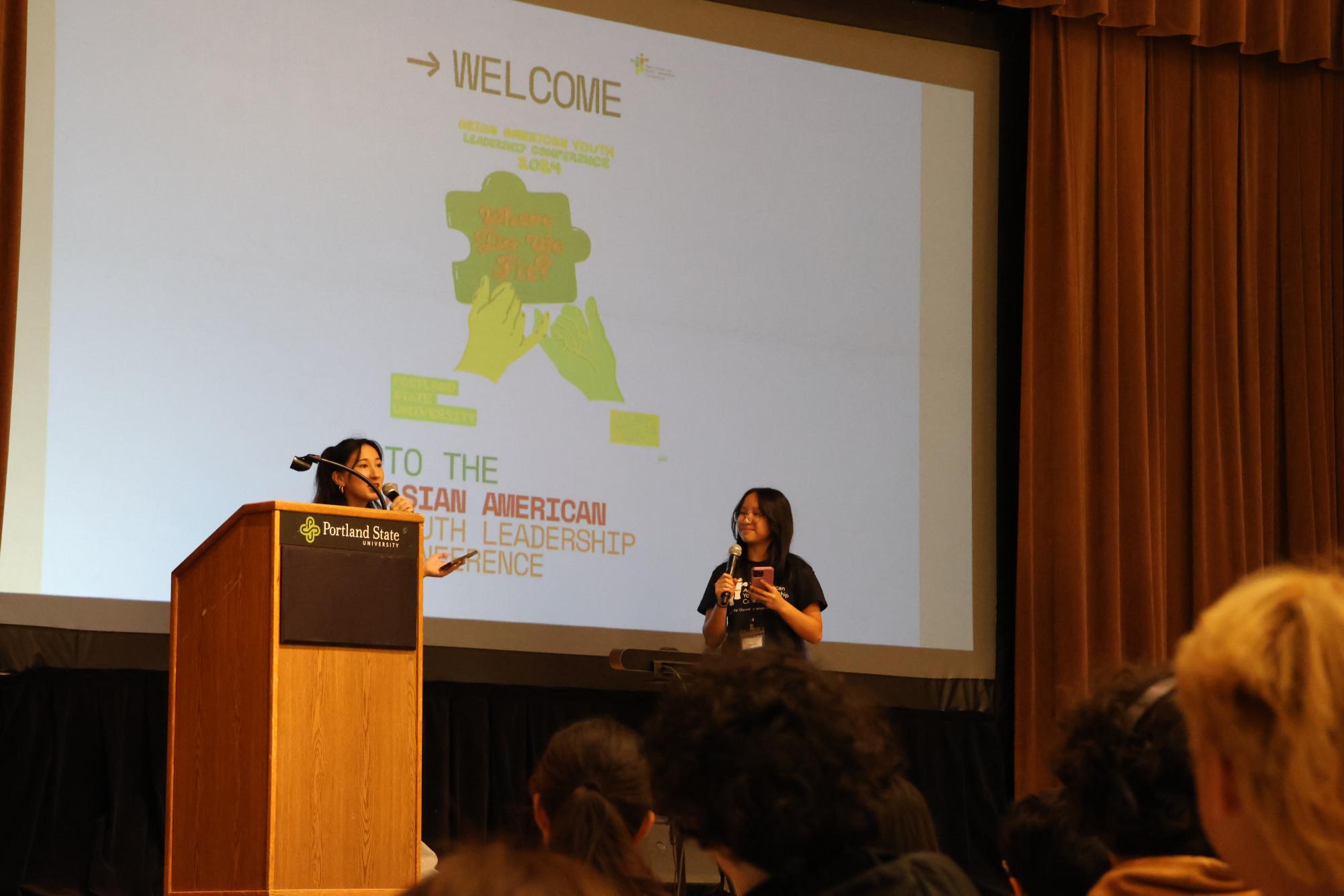
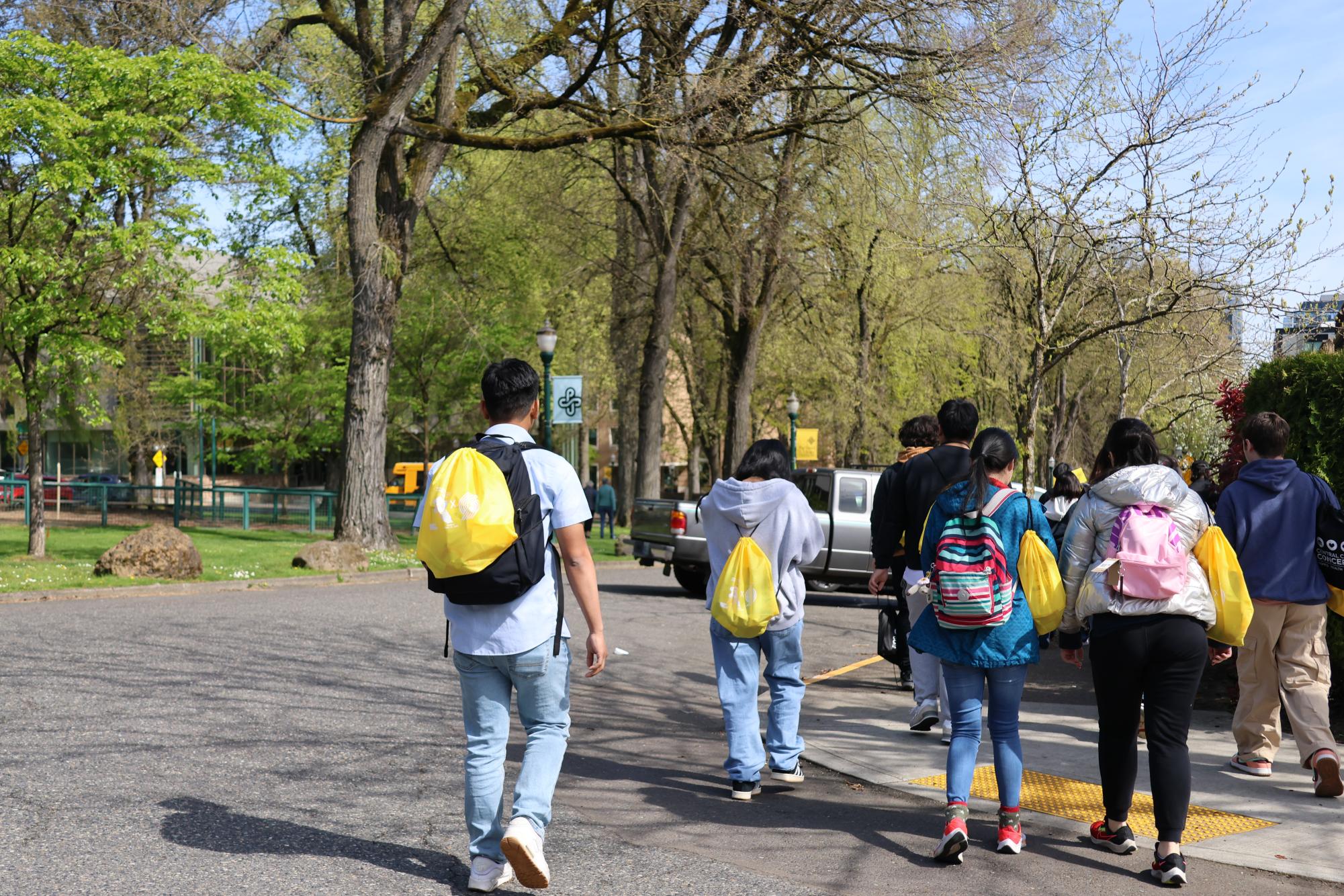
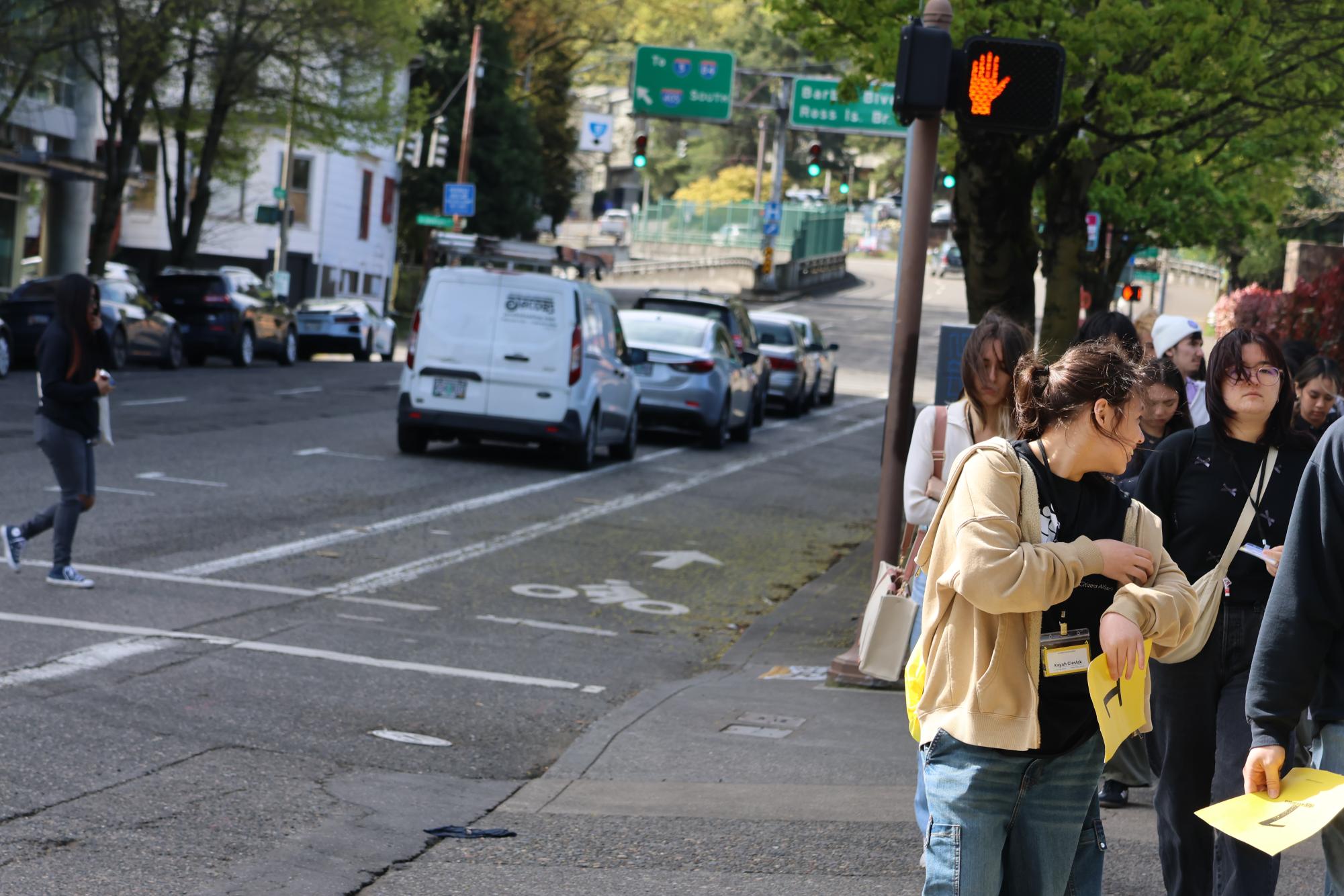
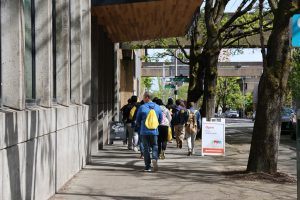
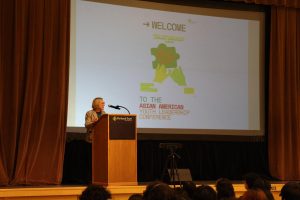
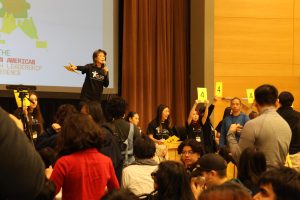
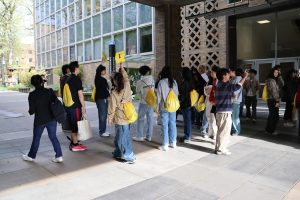
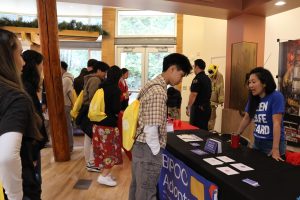
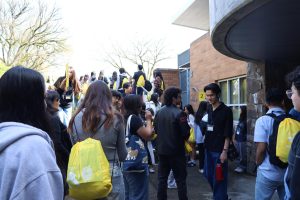
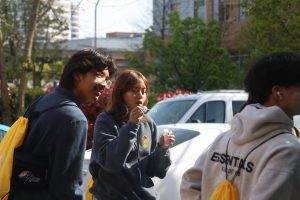
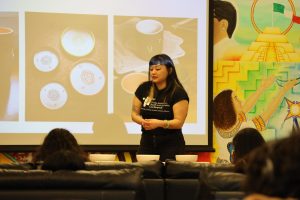
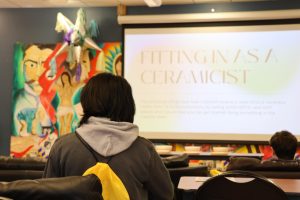
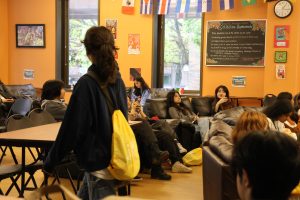
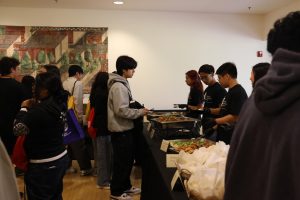
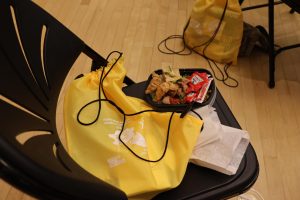
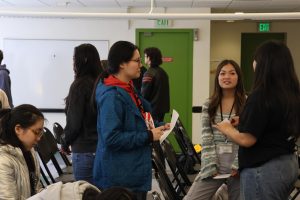
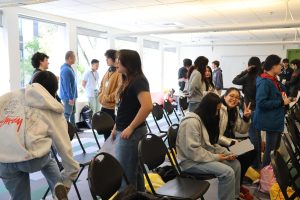
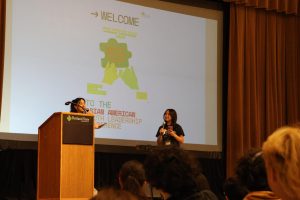
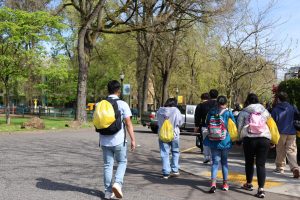
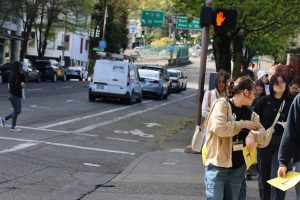
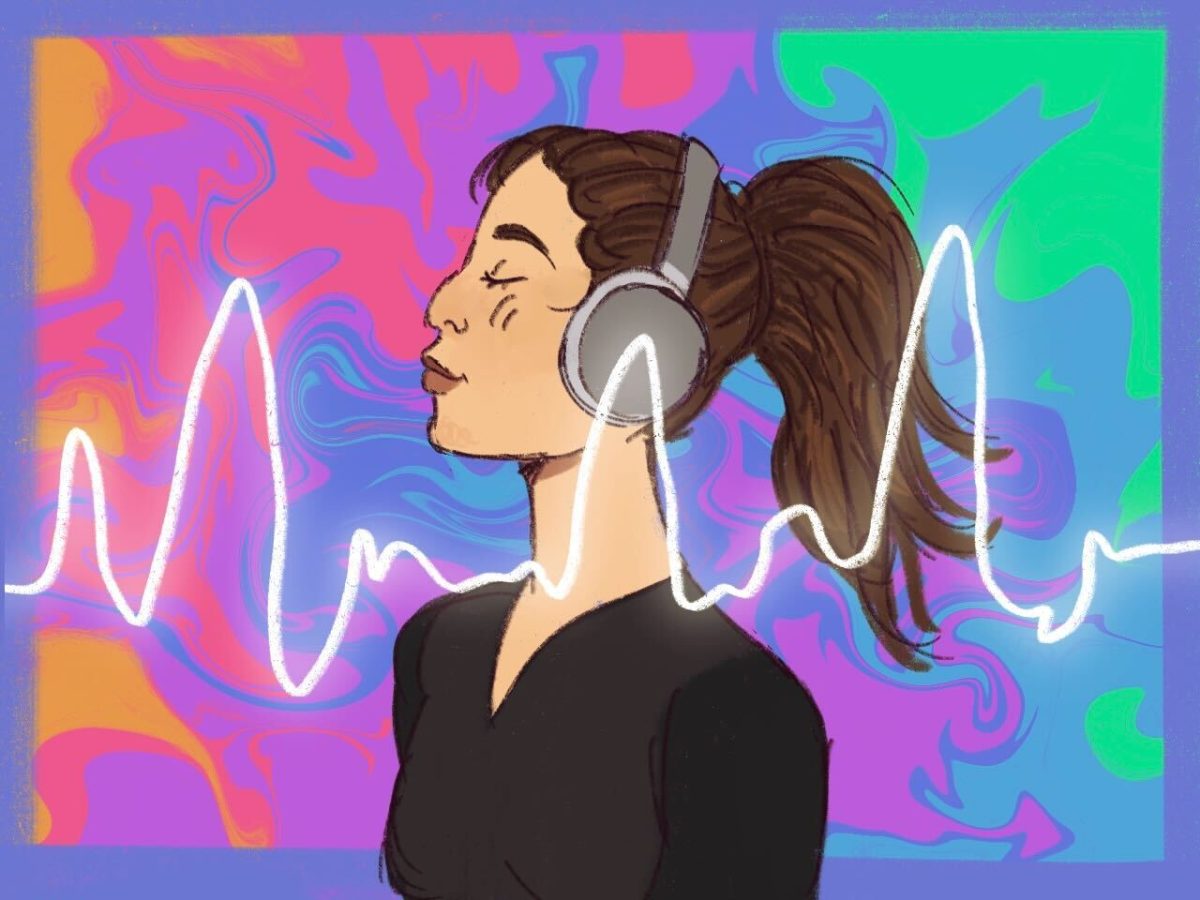
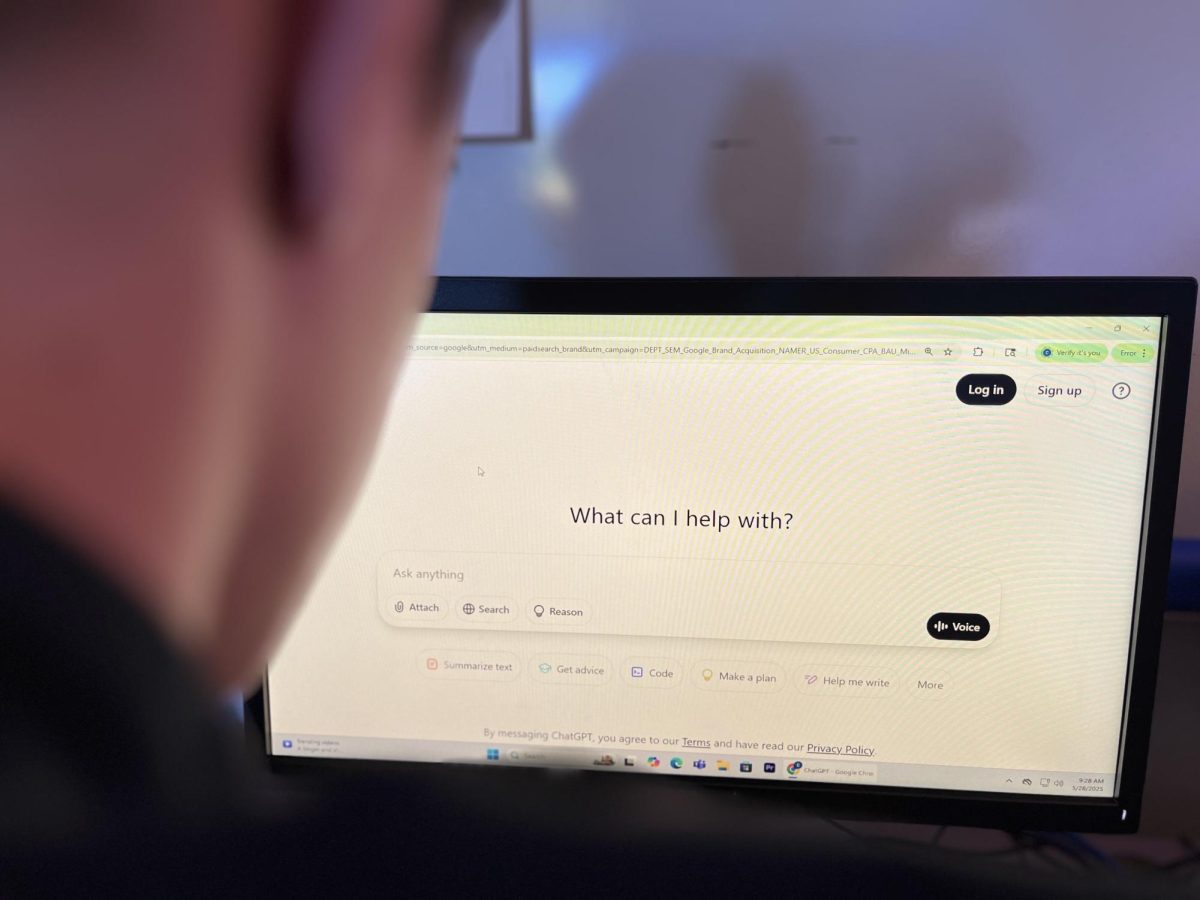
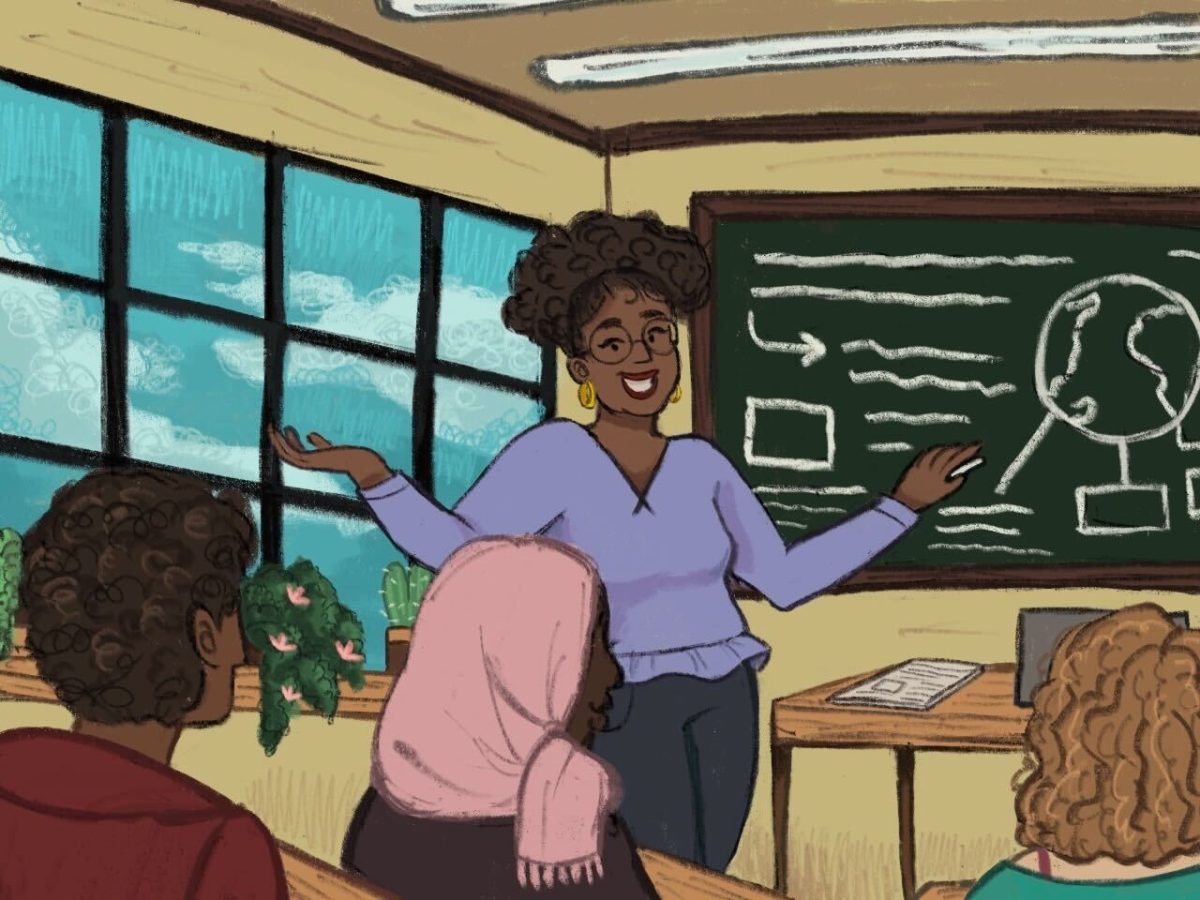
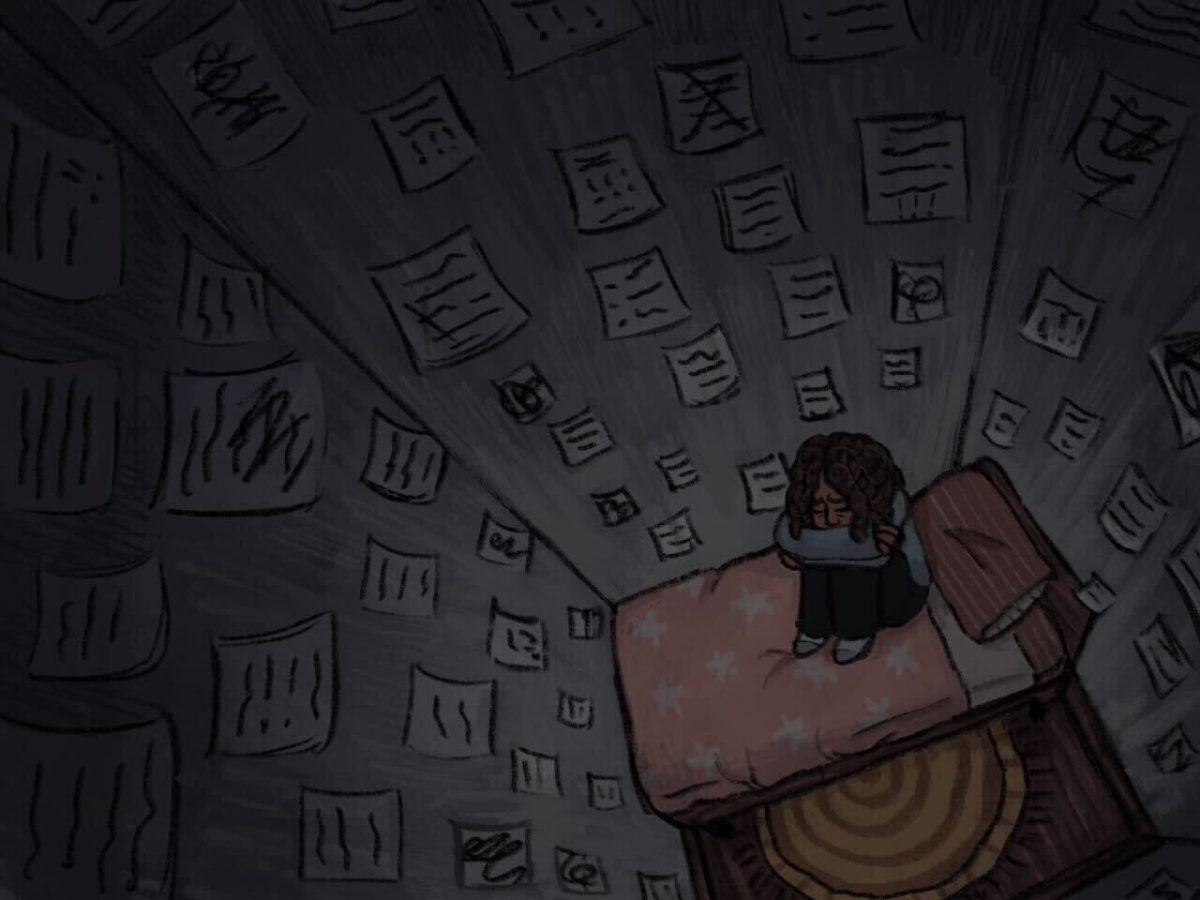
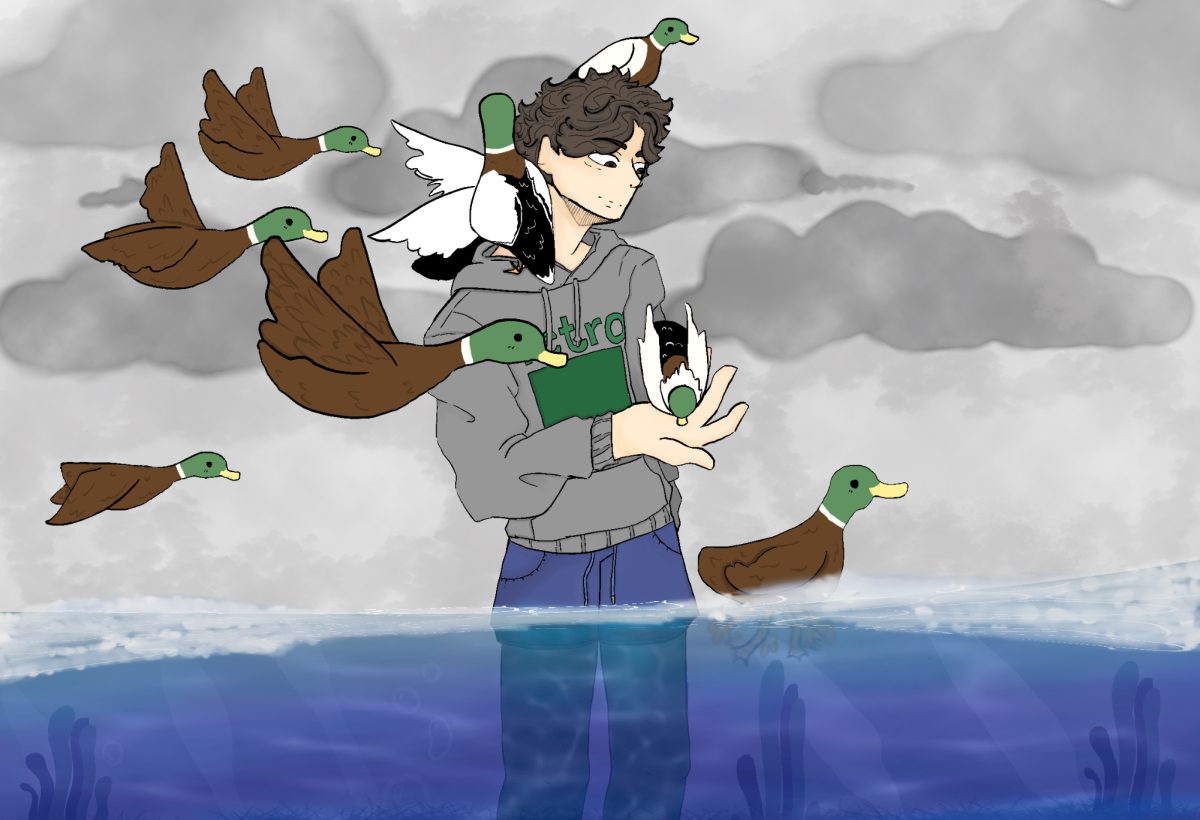
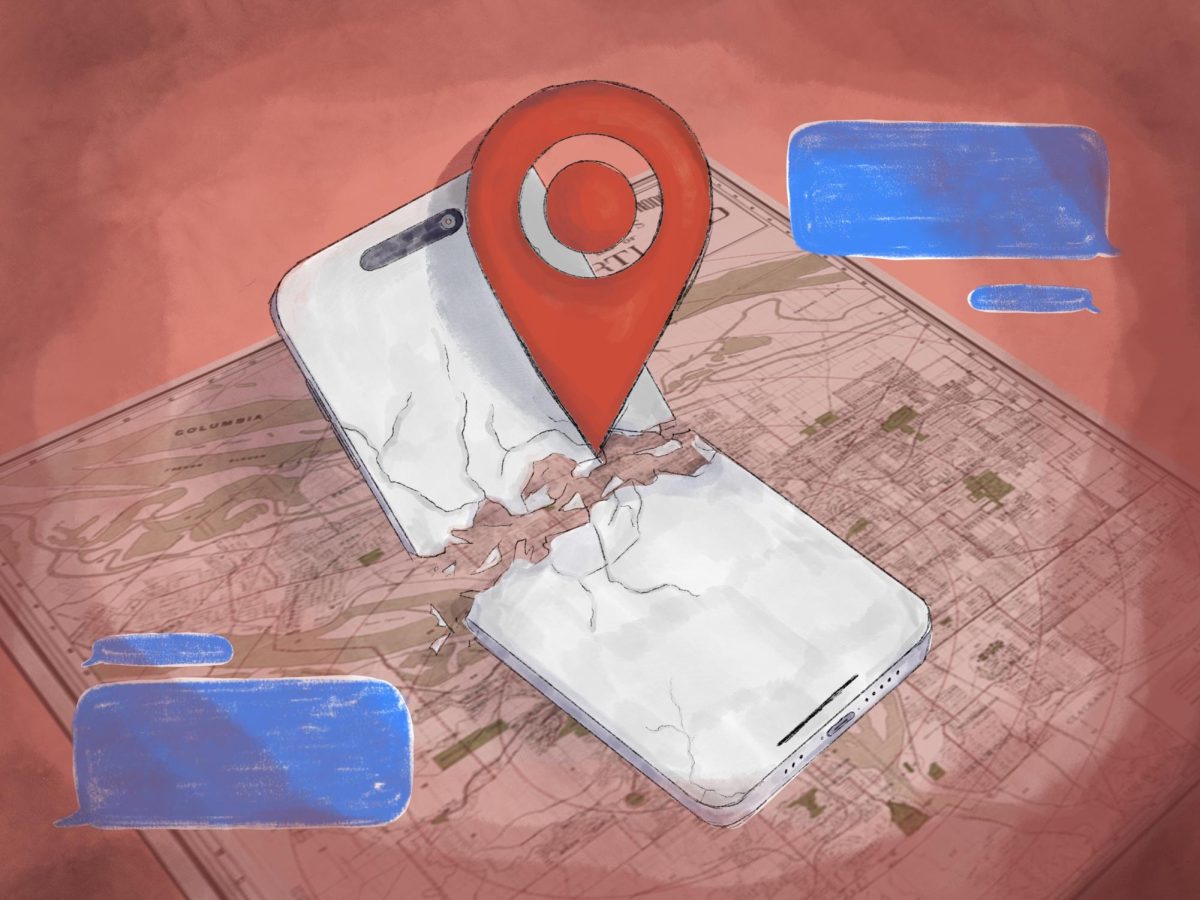
Dora Morrison • Apr 26, 2024 at 10:31 pm
This was an excellent read, Tabitha! You’re a strong, courageous and very intelligent young woman. Thank you for sharing your very personal story. Dora Morrison